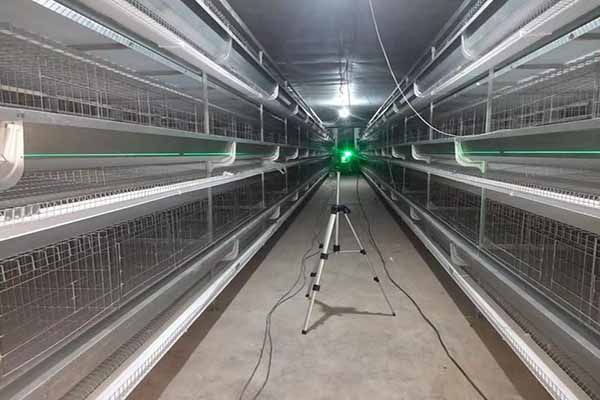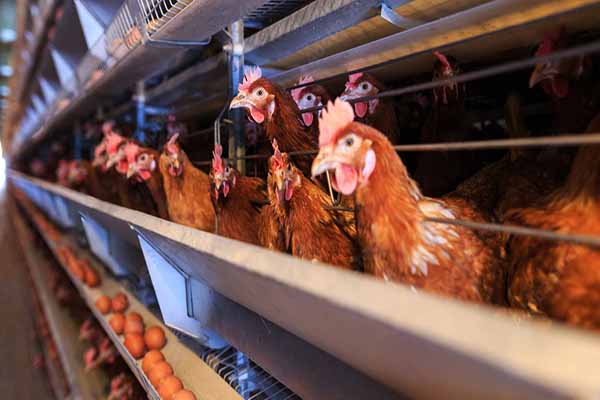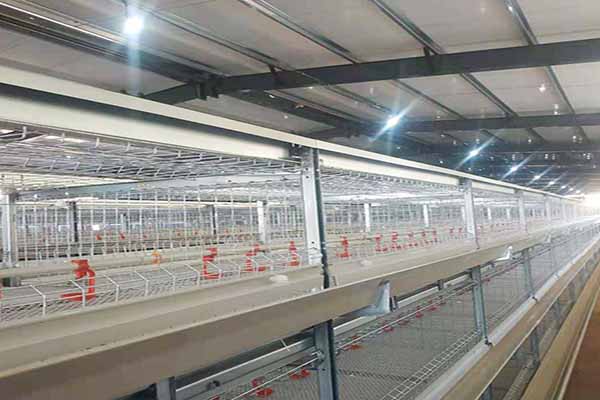How to Build a Successful Chicken Farm
Time : 2025-06-30
Starting a chicken farm can be a rewarding venture, but it requires careful planning, knowledge, and the right equipment. This article will guide you through the essential steps to build a successful chicken farm, focusing on professional insights and practical advice.
1. Market Research and Planning
Before setting up your chicken farm, it’s crucial to conduct thorough market research. Understand the local demand for chicken products, including eggs and meat. Analyze competitors and identify your unique selling points. This will help you establish a clear business plan and set realistic goals.
Consider the following aspects in your market research:
- Target Market: Identify your primary customers, whether they are local restaurants, grocery stores, or individual consumers.
- Product Types: Decide whether you will focus on egg production, meat production, or both.
- Regulatory Compliance: Ensure that your farm complies with local and national regulations regarding animal welfare, food safety, and environmental protection.
2. Choosing the Right Location
The location of your chicken farm is critical to its success. Here are some factors to consider:
- Accessibility: Choose a location that is easily accessible to your customers and suppliers.
- Land Quality: The soil should be fertile and suitable for growing feed crops if you plan to produce your own feed.
- Water Source: Access to clean water is essential for the health of your chickens and for farm operations.
- Climate: Consider the climate and its impact on chicken health and productivity.
3. Designing Your Chicken Houses
Proper chicken house design is vital for the health, comfort, and productivity of your flock. Here are key considerations:
- Ventilation: Ensure adequate ventilation to control temperature and humidity, preventing heat stress and respiratory diseases.
- Lighting: Use appropriate lighting to mimic natural day/night cycles, promoting egg production and overall chicken health.
- Manure Management: Implement an effective manure removal system to maintain hygiene and prevent diseases.
- Equipment: Invest in high-quality poultry housing equipment, such as feeders, waterers, and nest boxes, to improve efficiency and reduce labor costs.
When selecting equipment, consider reputable brands like Lohmann, Big Dutchman, or Moba. These companies offer a range of professional poultry equipment that can significantly enhance your farm’s operations.

4. Breeding and Genetic Selection
Choosing the right breed of chickens is essential for your farm’s success. Different breeds have varying productivity rates, growth rates, and egg quality. Here are some factors to consider when selecting breeds:

- Productivity: Select breeds that meet your production goals, whether it’s high egg production or rapid growth for meat.
- Health: Consider breeds that are resistant to common diseases and have good overall health.
- Conformation: Choose breeds with desirable physical characteristics that will enhance the marketability of your products.
Work with a reputable hatchery to source your chicks and consult with poultry genetics experts to optimize your breeding program.
5. Feed and Nutrition
The quality of the feed you provide directly impacts the health and productivity of your chickens. Here are some tips for managing your feed and nutrition:
- High-Quality Feed: Invest in high-quality feed that meets the nutritional requirements of your chickens.
- Balance: Ensure that your chickens receive a balanced diet that includes the right amount of protein, carbohydrates, fats, vitamins, and minerals.
- Feed Management: Store feed in a cool, dry place to prevent spoilage and maintain its nutritional value.
6. Health Management and Biosecurity
Preventing diseases is key to maintaining a healthy flock. Implement a comprehensive biosecurity program to minimize the risk of disease:
- Sanitation: Regularly clean and disinfect your chicken houses and equipment.
- Isolation: Isolate new birds to prevent the spread of diseases to your established flock.
- Immunization: Vaccinate your chickens against common diseases to enhance their immunity.
- Monitoring: Regularly monitor your chickens for signs of illness and consult with a veterinarian when necessary.
7. Marketing  and Sales
and Sales
Develop a marketing strategy to promote your chicken farm and its products. Consider the following approaches:
- Direct Sales: Sell directly to consumers through farmers’ markets, roadside stands, or community-supported agriculture (CSA) programs.
- Wholesale: Establish relationships with local restaurants, grocery stores, and wholesalers to increase your sales volume.
- Branding: Develop a strong brand identity that reflects the quality and values of your farm.
8. Continuous Improvement and Sustainability
Successful chicken farming requires a commitment to continuous improvement and sustainability. Stay informed about new technologies, practices, and regulations in the poultry industry. Invest in training for yourself and your employees to keep your farm running efficiently and effectively.
Consider sustainable practices such as:
- Energy Efficiency: Use energy-efficient lighting and heating systems to reduce costs and environmental impact.
- Waste Management: Implement systems to manage manure and other waste products to minimize environmental pollution.
- Water Conservation: Implement water-saving techniques to reduce water consumption on your farm.
By following these steps and maintaining a focus on professionalism, sustainability, and customer satisfaction, you can build a successful chicken farm that stands out in the market.











